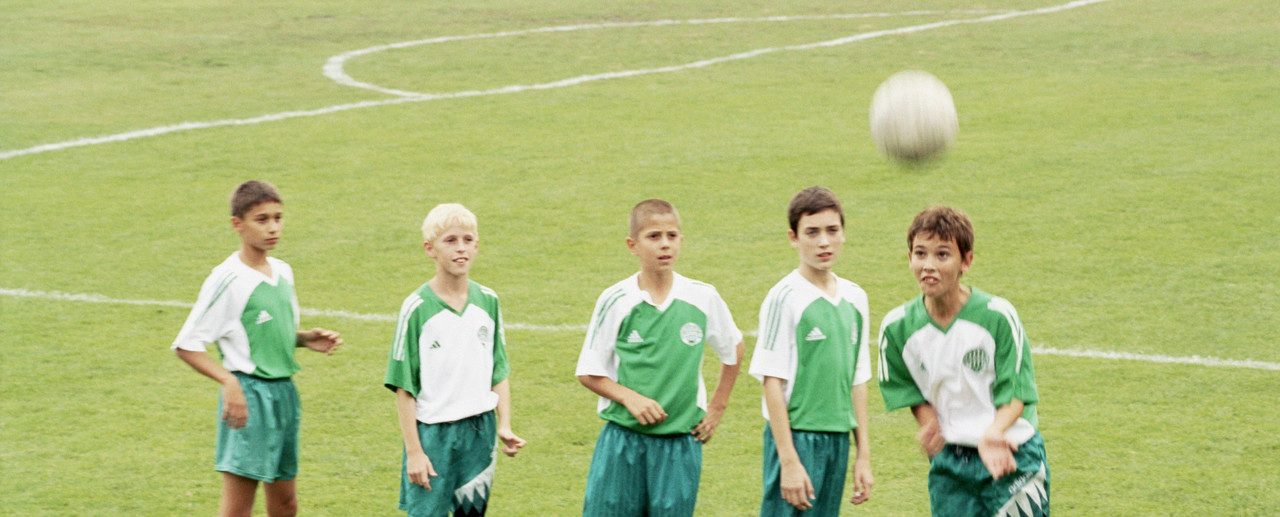February 23, 2018
School Anxiety – What It Is and What to Do About It

Anxiety can have a substantial impact on your child’s academic progress. It can influence their interest in going to school, color their experiences during the school day, and interfere with their ability to do homework and prepare for tests.
Young children in particular may try to avoid school because of a variety of issues relating to anxiety. Some may be susceptible to separation anxiety and become nervous or worrisome about leaving home; others may be prone to be inhibited in new settings. Kids who are very shy may become anxious socially, and social dynamics that leads to uncomfortable relationships with other children can promote anxiety as well. It’s also important to recognize that academic worries may already become prominent even in the early years of school.
YOU MIGHT ALSO LIKE: Why, and How, You Should Read to Your Child
These school anxiety problems are not trivial. Years ago, I did research on the stress of first grade. First-graders were given a list of potential stressors in school and followed a format that asked them to indicate (using images as a guide) how “upsetting” each stressor was to them. Having social problems with other children and worrying about their grades and performance in school were at the top of the list. And their perceptions turned out to be predictive of later problems in school, even more so than parental perceptions of their child’s stress levels. The bottom line is even young children experience stress and anxiety and are quite accurate in gauging their internal state.
While many of these factors will be most apparent at the beginning of a school year, the school environment is dynamic with many changes across the months, and any of these anxiety-related issues can crop up at any time. The first symptoms of school anxiety a parent may see are not endorsements of anxiety by a child, but rather refusal to go to school, often accompanied by a number of physical problems (such as headache, tummy ache, not feeling well). A child may not be fabricating these problems – as we all know, anxiety can be associated with a number of physical manifestations. That said, it’s hard to know when a child is not feeling well, and when they are not feeling well because of anxiety. Of course, talking to your child is always recommended, but your child might be unwilling or somewhat unable to articulate it. What you should look for is a consistent pattern of school refusal with these types of symptoms after any type of illness has been ruled out. If it’s happening frequently, or on certain days of the week, or has emerged suddenly and is not subsiding, it may be time to consider the possibility that there is an underlying anxiety issue.
At this stage, adapting a calm, quiet, and sympathetic manner when asking your child if anything is going on may help them open up some more. If you get a good conversation going – or a number of them – you can help your child navigate what is happening. If appropriate, you can confer with your child’s teacher, and also reach out to your child’s pediatrician. They might, at that point, suggest a referral to a therapist who specializes in treating anxiety in young children. That would be a very good thing to do. Children typically respond well to cognitive and behavioral treatments for anxiety, and getting them that kind of therapeutic intervention can give you child a number of tools to handle what’s happening in their lives – and get back to school.
As noted earlier, anxiety also infiltrates a child’s ability to do their schoolwork, take tests, complete their homework and assignments, and study for tests. As a parent, you may be less likely to observe this, so it will be important to try to look for signs that your child is getting stressed about school, such as their tone and facial expressions when talking about school work, tests, and the like. You should also be vigilant about taking seriously any teacher observations concerning anxiety. And of course, over time, such academic anxiety can also lead to school refusal.
Here the same message applies – find a well-trained therapist with specific expertise in treating anxiety in children.
As children get older, and young students mature into high school students, the psychological stakes rise, both socially and academically. Adolescents these days are under all kinds of stress, and anxiety is certainly not uncommon. Same rules hold – be vigilant about signs of anxiety, take it seriously, and act on it in terms of seeking out intervention – especially as persistent or pronounced anxiety disorders can become quite debilitating.
Anxiety can indeed arise in, and impact, a child’s experiences in school. Getting a handle on it when it becomes apparent in the academic setting can help prevent it becoming a more pervasive problem throughout a child’s life.
YOU MIGHT ALSO LIKE: Chores, Allowance, Jobs: Tips for Parents


